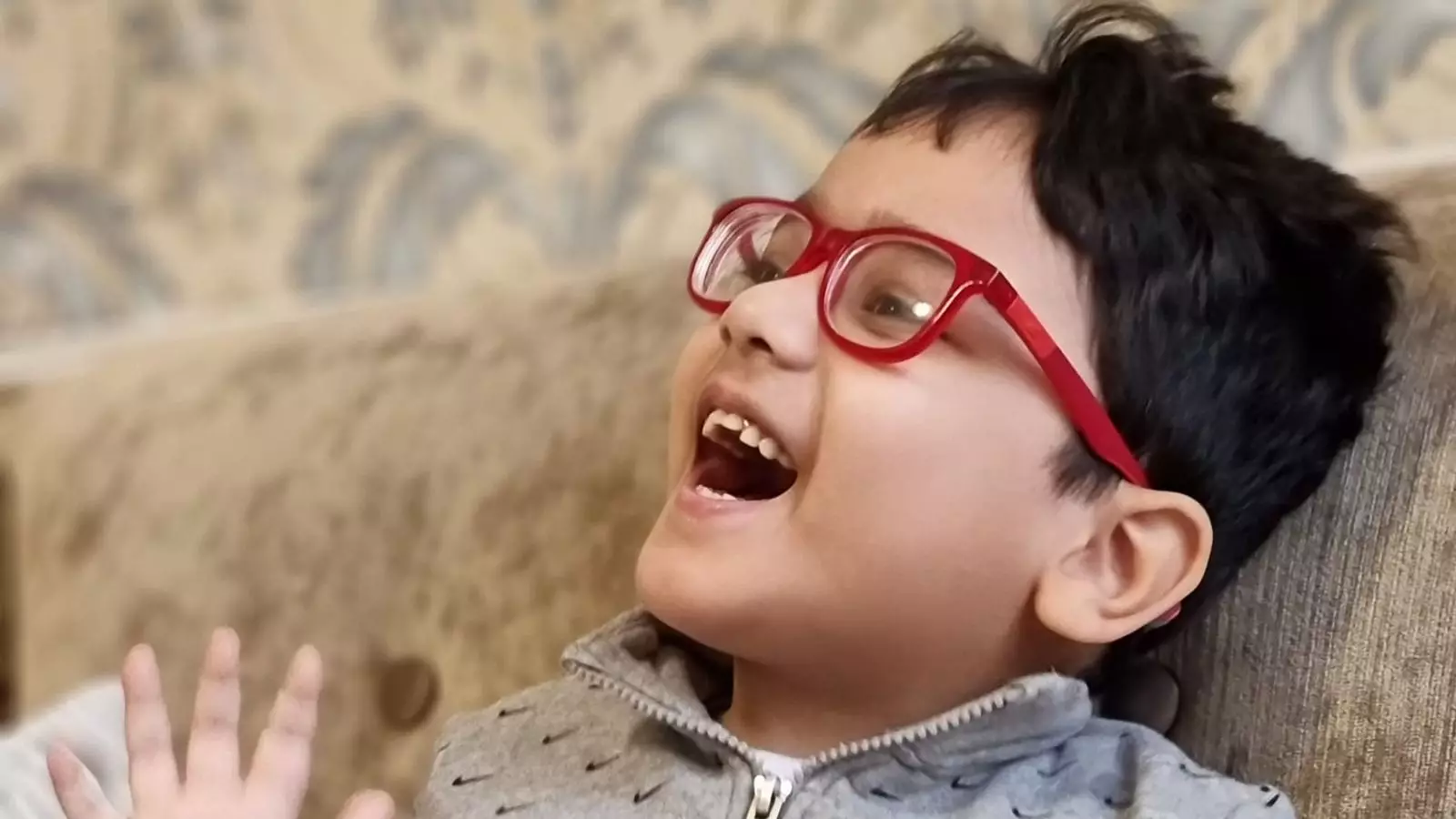In March 2023, the passing of five-year-old Muhammad Ayaan Haroon at Sheffield Children’s Hospital marked a deeply distressing chapter for his family. Known affectionately as Ayaan, the child suffered from chronic respiratory issues exacerbated by a rare genetic disorder called Hace 1. His father, Haroon Rashid, courageously shared their family’s ordeal, alleging a series of grievous mistakes in Ayaan’s healthcare that he believes contributed to the tragic outcome. Ayaan’s death, characterized by allegations of mismanagement and insensitivity, exposes significant gaps in the healthcare system concerning empathy and support for grieving families.
Failures in Care: A Call for Accountability
A draft report by Niche Health and Social Care Consulting highlights several systemic failures in Ayaan’s care. It noted that overdue intervention, such as the initiation of high-flow oxygen therapy, could have potentially increased Ayaan’s chances of survival. The four-hour delay in transferring him to the pediatric intensive care unit (PICU)—due to bed and staffing shortages—emphasizes the pressing issues within the hospital’s operational framework. These delays are not just statistics; they represent critical moments that could have altered the trajectory of a young life.
Mr. Rashid’s insistence on needing a further investigation underscores a larger issue beyond personal grievances; it points to the need for a thorough examination of protocols followed in critical care settings. Discrepancies in healthcare delivery can have devastating repercussions, and families must feel confident that lessons will be learned from such tragedies.
In the aftermath of Ayaan’s death, the report criticized the bereavement care provided to the grieving family, reflecting systemic inadequacies in understanding and respecting cultural backgrounds during sensitive situations. The report explicitly stated that staff failed to inquire about the family’s cultural wishes, which contributed to an added layer of trauma during an already agonizing period. This oversight is particularly concerning in an increasingly multicultural society, where healthcare providers must prioritize cultural sensitivity to foster trust and compassion.
Ayaan’s family justifiably felt further pain witnessing hospital staff laughing in proximity to their son’s final moments, signaling a profound disconnect in providing respectful patient care. The absence of a private space for dignity during such a significant life event highlights a need for greater awareness about the responsibilities that come with caring for vulnerable patients and their families.
The emotional aftermath of Ayaan’s passing emphasizes the critical role of compassionate care in healthcare settings. It is essential for medical professionals to recognize that they are not only treating patients but also interacting with families who have a vested interest in their loved ones’ well-being. The ramifications of insensitivity can be catastrophic, prolonging the grieving process and leading to lasting trauma.
Mr. Rashid articulates a desperate plea for “genuine lessons to be learned,” demonstrating his commitment to ensuring his son’s legacy catalyzes change. By advocating for improved practices in children’s hospitals, he seeks a future where families receive the holistic support they deserve during their most trying moments.
The case of Ayaan Haroon is not merely a sorrowful story; it serves as a somber reminder of our responsibilities within healthcare systems and the critical importance of compassionate, culturally aware care. It underscores the need for rigorous training regarding bereavement support practices and cultural competency among healthcare staff.
As stakeholders in the healthcare profession evaluate the findings from the investigation, it is essential to uphold the family’s call for transparency and accountability. Only through honoring their grief and elevating the standards of care can the larger healthcare system move towards a model that is both effective and compassionate, ultimately ensuring that no other family suffers as profoundly as Ayaan’s has.


Leave a Reply